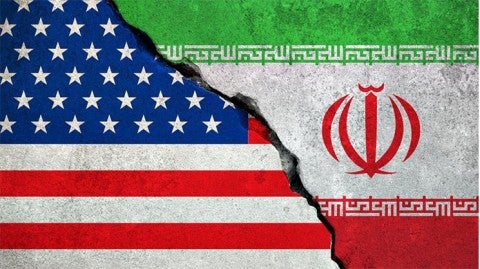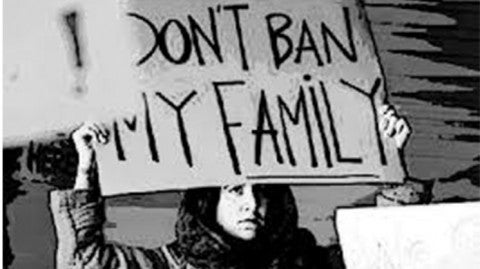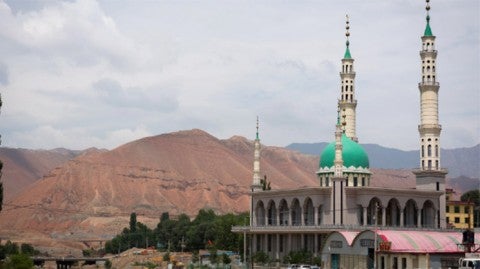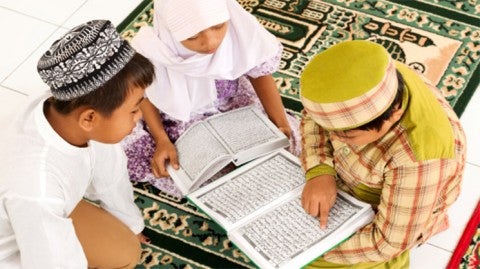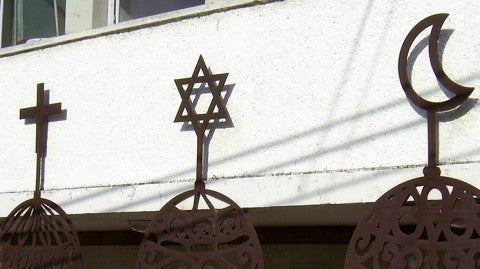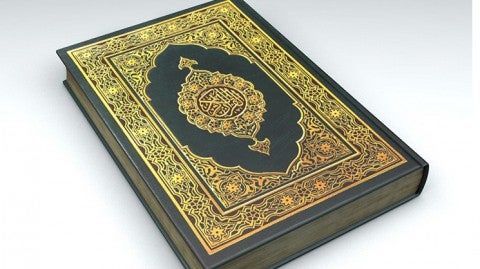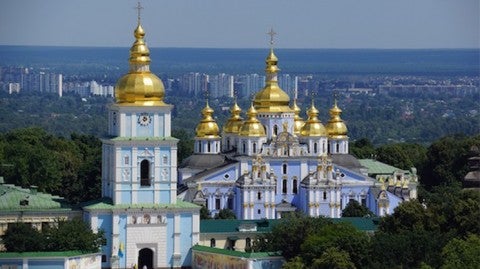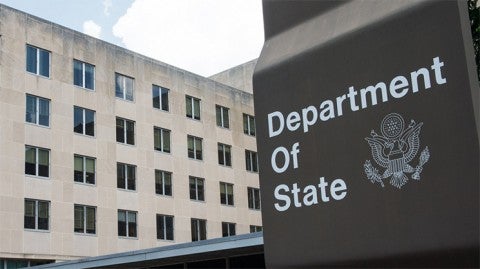April 2019
The Religion, Reverence and Tolerance Workshop brought together scholars, journalists and policy makers seeking to identify the kinds of theological, historical, political, social, or perhaps even accidental factors which facilitate in some regions pluralism, tolerance, and reverence for other religions and belief systems. Their conversation encompassed a wide range of religions including evangelicals, Muslims, Catholics, Jews and Orthodox Christians in the United States, East, South and West Asia, Eastern and Western Europe, and beyond.
These memorandums have been published in one major policy report by the Baker Institute for Public Policy and Boniuk Institute for Religious Tolerance and can be found below. The views expressed in these articles are those of individual researcher(s) and do not necessarily represent the views of the Boniuk Institute.
The Religion, Reverence and Tolerance Workshop was sponsored by the Bryan J. and June B. Zwan Visiting Scholar Endowment.


